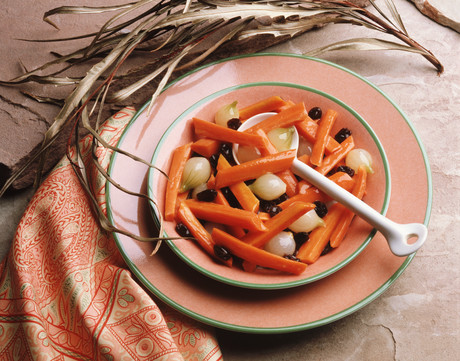Funding for ag export counsellors

Funding for six agricultural counsellors to represent Australia in emerging export markets and work to improve market access was announced in the latest Federal Budget. This funding, which will provide invaluable resources for vegetable growers navigating trade barriers in export markets, has been welcomed by AUSVEG.
A total of $51.3 million has been allocated over four years to boost agriculture exports, including through the expansion of the government’s network of agriculture trade counsellors who work on the ground in foreign countries to improve market access and address technical trade barriers.
It has yet to be decided where the new counsellors will be located; however, it’s understood priority locations could include the United Kingdom, Latin America and markets across Asia.
The Australian vegetable industry is dedicated to building the capabilities of its growers to export produce and diversify their avenues to market. This push will help the industry achieve its target to increase the value of vegetable exports by 40% by 2020, to a value of AU$315 million.
Vegetable exports have grown 61% in value over the past five years, at an average growth rate of 10% per year. The majority of Australia’s fresh vegetable exports are sent to markets in Asia and the Middle East, and the industry hopes that some of the six new agriculture counsellors will be located in these regions to enhance the resources available in these key markets.
Australia’s vegetable exports were valued at AU$252 million in 2017, with its top markets being Singapore, the United Arab Emirates, Japan, Malaysia and Hong Kong. Carrots, onions and potatoes currently account for over 60% of total vegetable export value and over 80% of vegetable export volume.
A pinch of saltbush for functional and nutritional benefits
An Australian desert plant could help food manufacturers improve protein quality and reduce...
Chemical food additive BHA under review in the US
The FDA identified butylated hydroxyanisole (BHA) as a top priority for review as part of its...
Call for comment on a new source of 2′-FL in infant formula products
FSANZ is calling for comments on an application to permit 2′-fucosyllactose produced from a...











